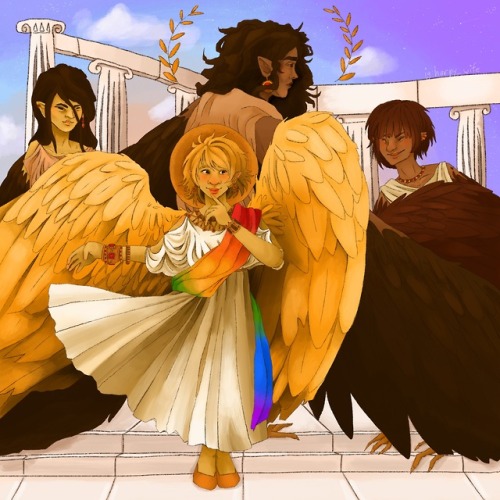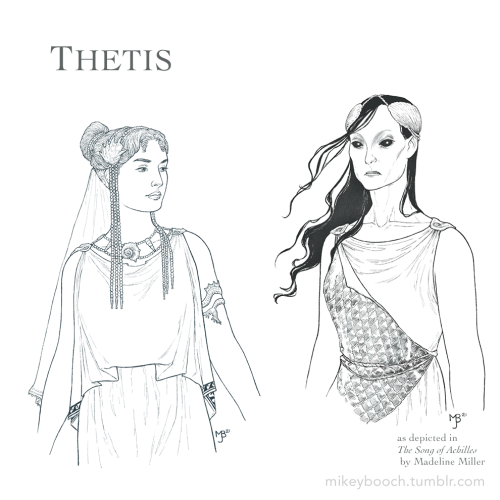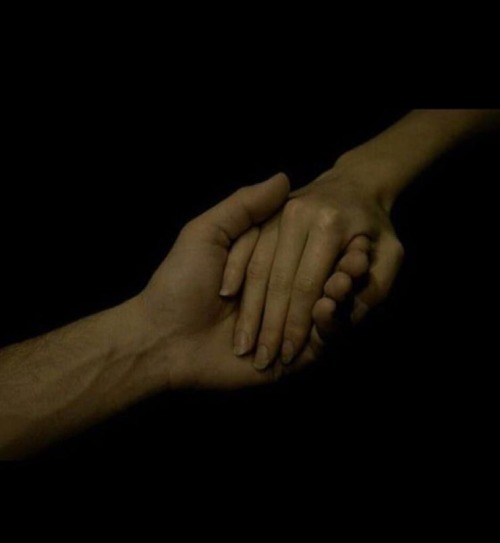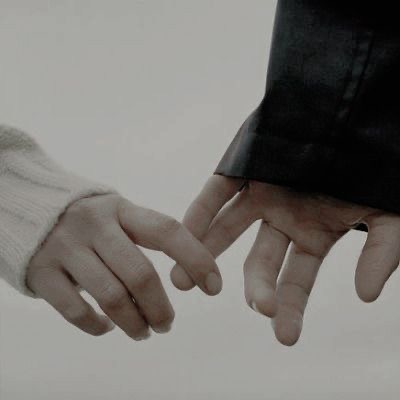#classical literature
The Mourning of Pallas
Anne Louis Girodet-Trioson (French; 1767–1824)
ca. 1790–93
Pen and brown ink, brush, and gray and brown wash, heightened with white
The Metropolitan Museum of Art, New York
Design for an illustration in Pierre Didot the Elder’s 1798 edition of the works of Virgil
Post link
I do not have a promise to make while my existence is vanishing. I hope you can forgive me for not existing -because I am but not here. It worries me to think of who is going to take care of you once I’m gone, it cuts me to my core. But something has been pulling me to the other side of it, and I’m afraid I’ld have to go.
I- so imperfect, so weak,

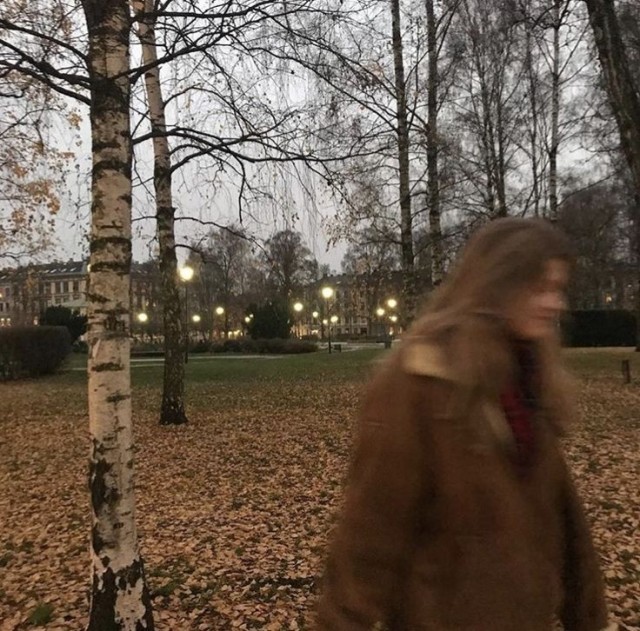


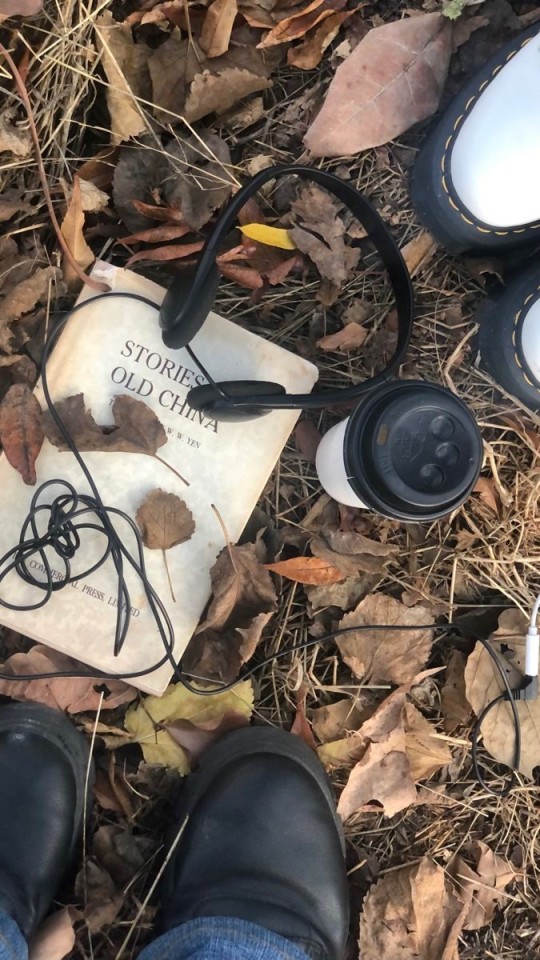




So unbelievably lonely.

Susan Sontag, As Consciousness Is Harnesses To Flesh


the iliad
the oedipus complex is such bullshit goddamn
Book aesthetic: Anna Karenina by Leo Tolstoy (1878)
“I think… if it is true that there are as many minds as there are heads, then there are as many kinds of love as there are hearts.”
Post link
are you mentally stable or does your list of ‘comfort’ reads include at least one of dostoevsky’s works



Using Oliver Twist to try and find a style I could actually illustrate in some day!
I recently finished The Song of Achilles by Madeline Miller and I was doing okay emotionally until the last page where I started ugly crying interested in Miller’s choice of depicting Thetis in such a ghoulish way. For a while I thought it would be a power move and Thetis would change into a beautiful goddess when she was with Achilles, but spoiler!(?) that didn’t happen.
That got me thinking about how I would depict Thetis in my own style, and so I drew the two together.
Post link
Orpheus and Eurydice
There are some very Orpheus and Eurydice themes in the narrative of Ed and Stede that do indeed make me feel many things. For the record, I’m using one specific take on the myth here (specifically notthe one in Symposium), but as is standard for myths, there are many different opinions on the nuances- this is merely one of them.
First and foremost, we need death. Stede endures this in a more literal sense- legally, he is now dead. An act of devotion, perhaps, as he seeks to cultivate a fresh start with his love. Equally, however, Ed himself undergoes a death. Not only does he gift Stede a disordered burial at sea, but he invokes one for himself, too. In episode ten, he lets the red silk representing his heart sail steadfast across the ocean. Anyone who’s familiar with the ending of Orpheus’ life will know that upon his death, his head and dutiful lyre were sent floating down the Hebrus River, straight out to sea. While Ed is alive both literally and legally, he sacrificed his heart- washed to the ocean much like Orpheus himself.
Next up, we travel to the crux of the myth. The quintessential theme of mournful love. The deep and burning sort, the kind that drives you to the underworld in an attempt to rectify what was so tragically lost. In OFMD we need to backtrack to episode nine, to Edward and his act of grace declaration; a show of all he’d lose, all he would risk, to keep his love safe. He accepts the journey, perils and all! Stede mirrors this in episode ten by not simply closing the door on his past, but by going so far as killing himself off, playing with death, in order to truly live life alongside his love. Much like Orpheus, this poignantly speaks to the boundaries that need to be crossed- both that metaphorical death and journey, but also the literal treck he’ll be undertaking as he pursues his lost love.
Orpheus finds himself underground because of this simple, grief-driven hope that death cannot be final- it must be negotiable. He brings his lyre, performing a most dismal tune, and the gods presiding over the Underworld are so utterly moved by his performance that a glimmer of hope is provided. Go on then, find Eurydice, but here is your caveat: have trust, have faith, know that she is there and do not allow your eyes to wander. It’s the backbone of all relationships epitomized to the highest stakes. You need to trust in yourself that your partner will be there, to have that faith that when you make it to the Overworld, they’ll be right behind you.
For Ed and Stede, this is episode nine. Edward returns from the Underworld, preparing for a new life- for them to enter the Overworld together- but his love is not there. This doesn’t follow the myth’s narrative to a T- but it does bring us back to the idea of trust and faith- both in your partner and moreso, in yourself. It’s the nagging fear that this is too good to be true- that the excitement can snap back to grave reality in a heartbeat. Both Edward and Orpheus turn around with buoyant hope, and in doing so, they are instead faced with their worst fear.
(One possible reading of the myth could be that in season two, Stede will be making his journey to the Underworld, seeking out his lost love. All the while, Ed has already made his trip downstairs, lost his love, and had his heart utterly grief-stricken in the process. There are so many ways to slice up this myth, but the themes are wonderfully applicable!)
AND IN ADDITION,
If we are going to view the symbolism of Orpheus’ lyre as comparable to Edward’s red silk, then we find ourselves with a very interesting concept indeed. A myth regarding Orpheus’ death also comes to explain the constellation Lyra. Following his death, Orpheus’ head and harp eventually came to rest on a beach- the waves having carried them ashore. Here, his remains were found and through various passing-alongs, ended up in the hands of the gods. As many important objects often are, it was placed in the sky to create the constellation Lyra- symbolic of Orpheus and his ceaseless, joyous music.
If we take that, and we say that Ed’s silk is his lyre, then we come to the conclusion that this item will wash up ashore, be found with reverence, and placed with pride in the sky; much like a flag that one may fly from a ship.
So, in that context, are the Maenads represented by Izzy who, in wanting Ed to engage with life rather than (celibate) mourning, kills him, sending head and lyre (red silk) floating downstream? He very much wanted to stop the music of his collaboration with the crew/ channeling of Stede.
Absolutely, you put it perfectly by describing it as ‘stopping the music’!
If we’re really going to dig into this metaphor (because you’re right - this is intensely fun), may I also present for your consideration: Badminton as the snake. Both of the brothers are catalytic/ pivotal events, arguably, their behaviour governed by their essential nature, but cruel in the context of a bright, sunlit wedding. (Although I now really want to write something about characters who reject their early training and those who embrace it in the show.)


reading with a pretty view is like a warm hug.
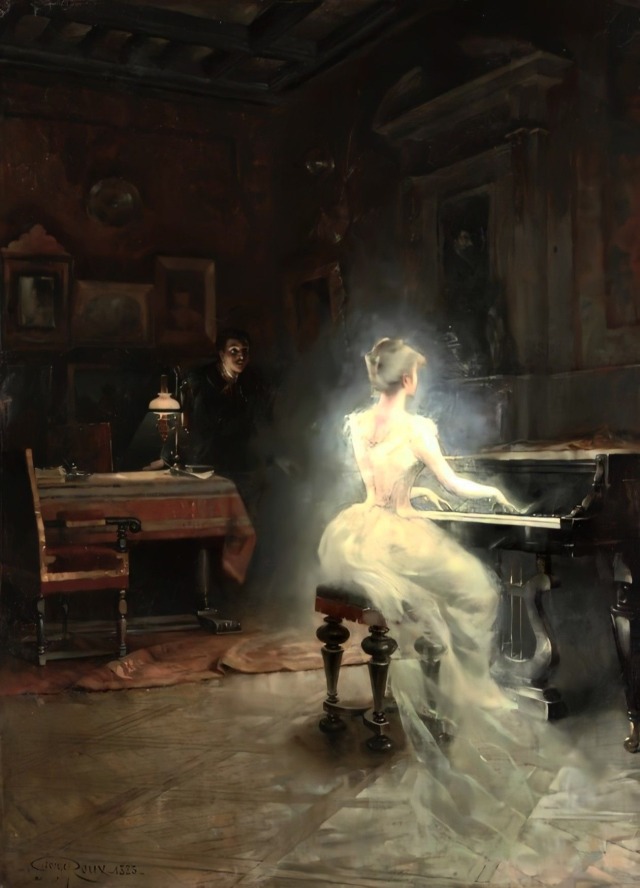
“Spirit” (1885) painted by French Painter and Illustrator, George Roux (1853-1929).
i love the rain. especially when it starts early in the morning. i love looking out to see a gloomy sky, i love the slight breeze as you open your window, i love the sound it makes as it touches the surface. i’ve come to appreciate life more every time it rains.
nobody asked but..


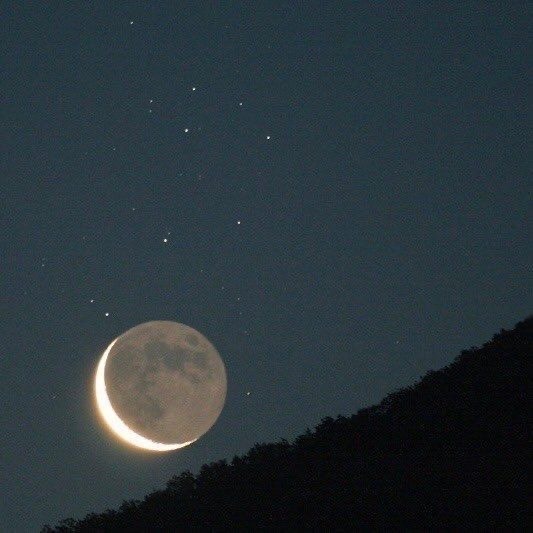

i love this <33




“I’m so glad I live in a world where there are Octobers.”
— L. M. Montgomery, Anne of Green Gables.
study hard, become rich, and buy multiple books everyday. that’s the goal.

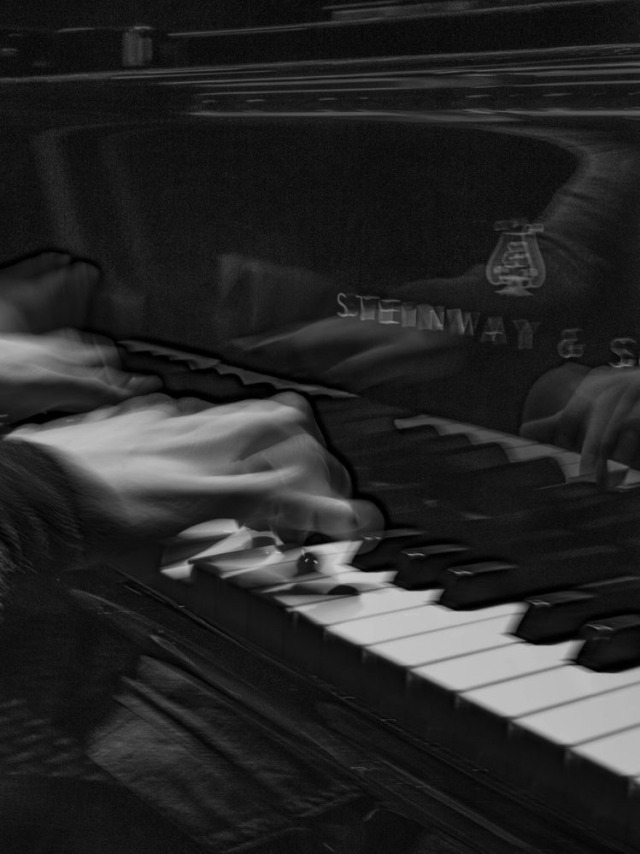
“Music was my refuge. I could crawl into the space between the notes and curl my back to loneliness.”
— Maya Angelou
they were just two damaged people trying to heal each other.
always enjoy the little things in life, because one day you’ll look back and realize they were big things.


“I am made of memories.”
— Madeline Miller, The Song of Achilles.
watching the sunset, going on late night drives, soft radio noise, looking at the stars, light warm breezes, and closing your eyes and being content with where you are at that moment.


“…not all stories have happy endings; but that doesn’t mean they’re not worth the read.”
— Cassia Leo,Black Box.




home is where the trees and mountains are.




“Ah! There is nothing like staying at home, for real comfort.”
— Jane Austen, Emma.
if you’ve ever felt unwanted/unneeded in any kind of relationship, i want this to be your reminder that you deserve the absolute world and you should be treated right.


